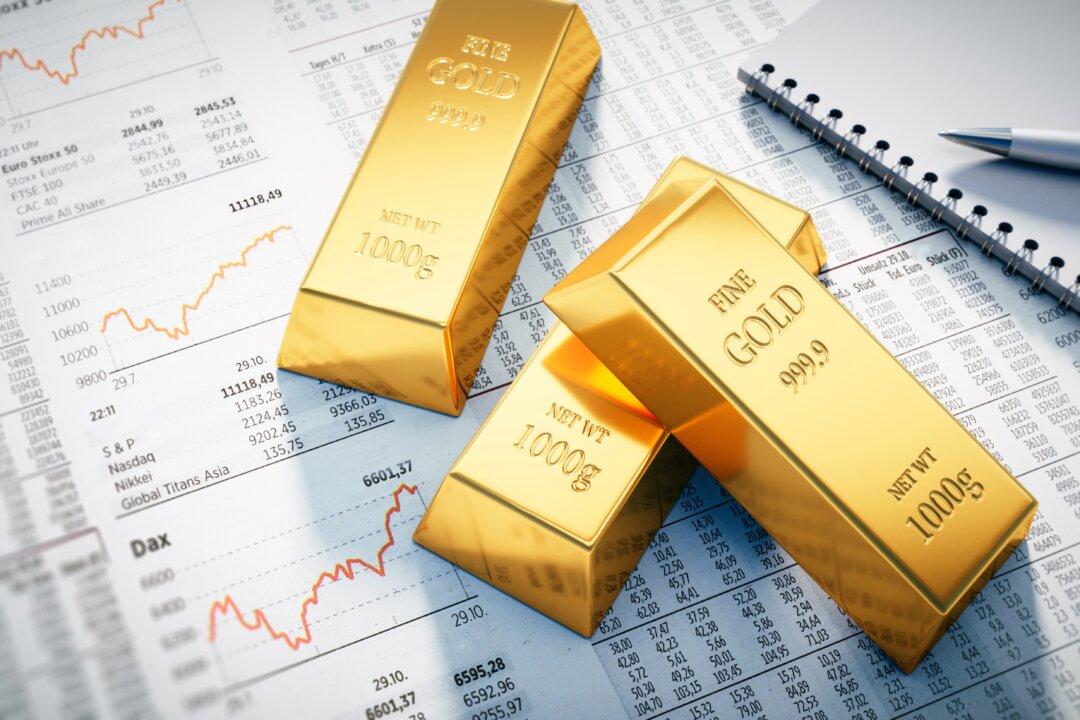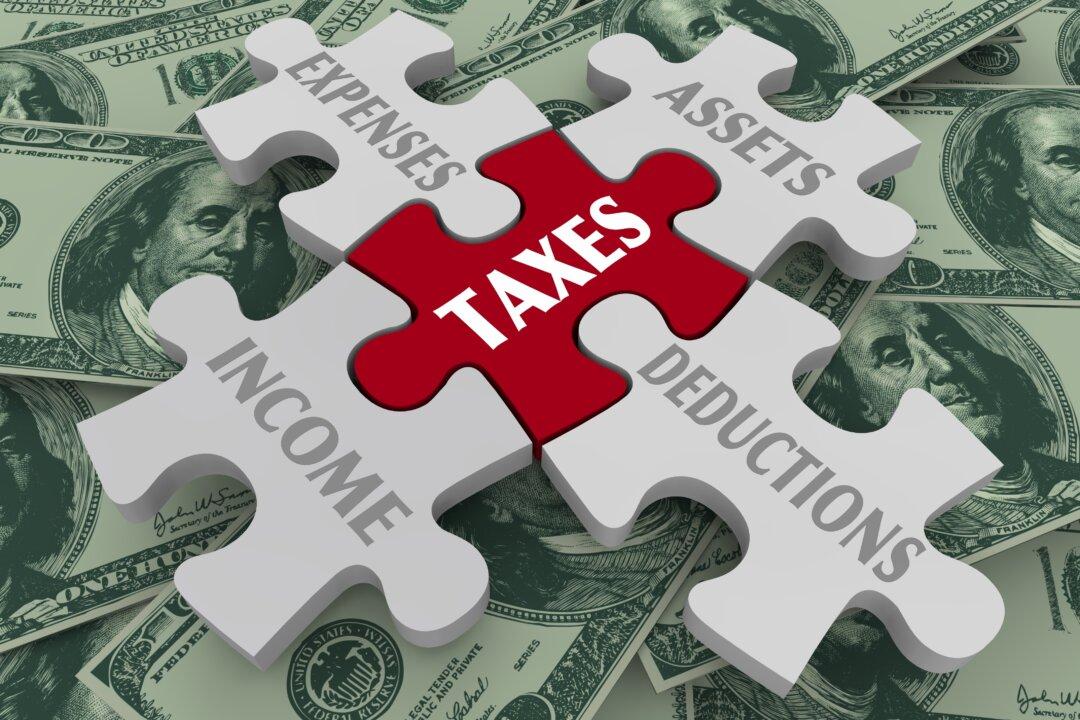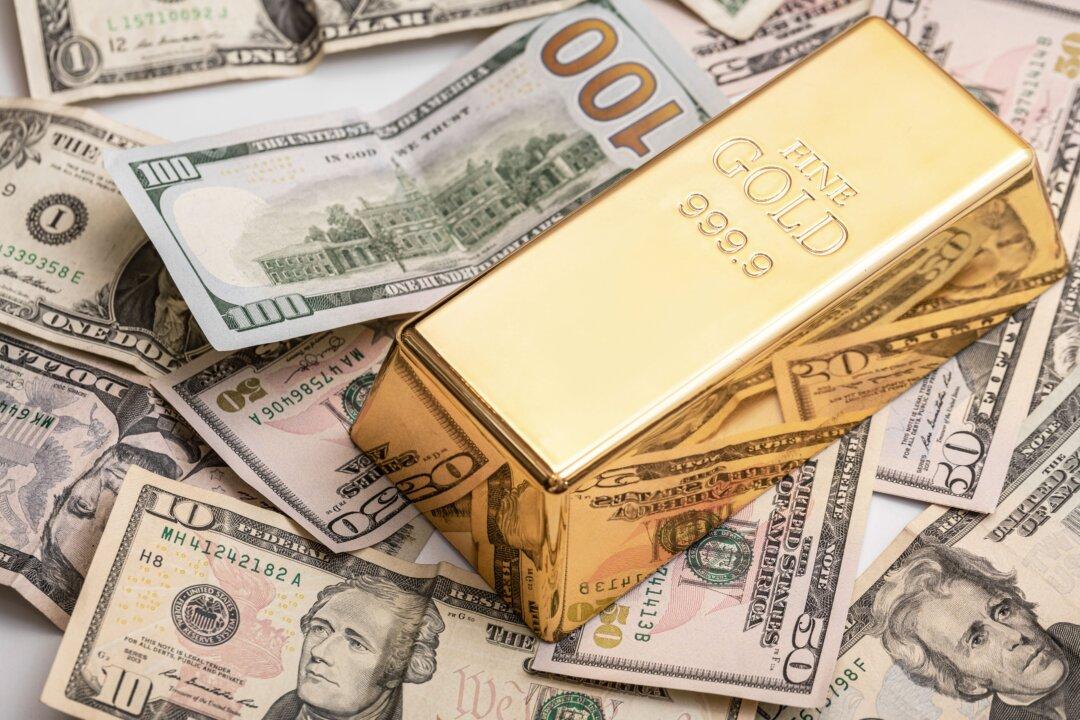Three general areas impacting the economy are driving the price of gold to record levels that are continuing higher almost every week. First, central bank policies have encouraged risk-taking and speculation by intervening and resolving issues whenever an economic problem arises. Also, central banks have been accumulating gold in the face of geopolitical tensions and wars. Investors are seeking high-return assets in anticipation of interest rate cuts expected later this year. As a result, they’re turning to gold as a safe-haven investment. Experts believe that concerns over inflation and anticipated interest rate cuts by the Federal Reserve central bank have further boosted gold prices.
Central Bank Policies
Central banks have been purchasing gold to hedge against inflation risks and move away from U.S. dollars. Rising geopolitical conflicts in the Middle East and Eastern Europe have also contributed to gold’s surge. They anticipate changes in the international monetary system and worry about rising economic risks in reserve currency economies, of which the U.S. dollar remains the dominant world reserve currency, though its place has slipped from 71 percent in recent years down to 59 percent today.The country with the largest gold reserves is the United States. Our gold reserve stands at 8,133 metric tons, valued at almost $0.5 trillion, which is nearly as much as the combined total of the next three countries with the largest gold holdings: Germany, Italy, and France. Gold is an important component of central bank reserves due to its safety, liquidity, and return characteristics. Central banks hold around a fifth of all the gold ever mined throughout history. China currently holds gold reserves estimated at 1,948 tons. This places China as the sixth country with the most gold reserves.






